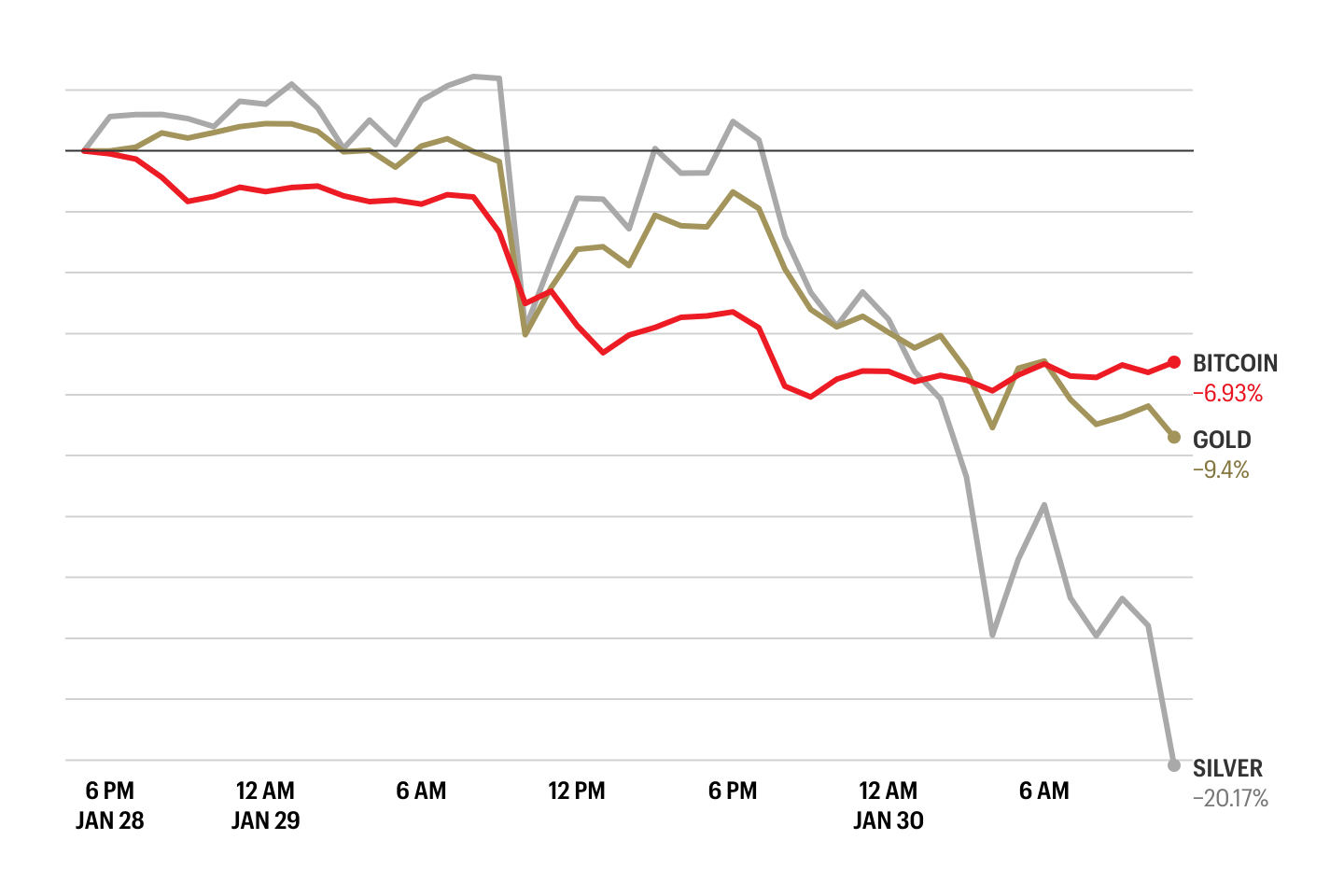A staggering 42.6 million Americans have filed for unemployment benefits since the shutdowns started. Right now those out-of-work Americans on state unemployment rolls are receiving an additional $600 per week in unemployment insurance (UI)—regardless of their previous income—on top of their state benefits.
The extra $600 per week in UI was included in the March stimulus bill as a financial cushion for those who lost their jobs, with payments going through July 31. But an extension of the benefit past July is looking less likely.
Democrats in the House included an extension of the benefits through January 2021 in the $3 trillion relief package they approved in May. However, Senate Republicans oppose the bill and the measure. Many on the political left see extending the unemployment bonus as critical to keeping families and the economy stable through the pandemic. Meanwhile, many business leaders and conservative representatives claim these generous benefits will deter workers from returning to jobs and could gum up the recovery.
Republican Sen. Lindsey Graham of South Carolina tried to hold up the bill in March because of the UI benefits, and he said in April that it would get extended “over our dead bodies.” Meanwhile Republican Sen. Rob Portman of Ohio wants to add a provision to the next relief bill that would allow the unemployed to keep $450 of the $600 a week if they go back to work—in an attempt to financially encourage them to return. And Rep. Don Beyer (D-Va.), vice chair of the Joint Economic Committee, has proposed cutting the weekly benefit from $600 to $300 in stages but keeping it through the end of the year.
That political divide is also shared by rank-and-file voters. A Coins2Day-SurveyMonkey of 4,109 U.S. Adults between May 20–26, found 37% of U.S. Adults support that extension, including 20% of Republicans and 54% of Democrats.
The political battle to extend these benefits comes as employers are having trouble convincing employees to return, according to the Federal Reserve’s Beige Book released last week. The culprits? Bosses cited Americans’ health concerns, childcare scarcity, and the “generous unemployment insurance benefits.” Certainly with most schools, summer camps, and childcare arrangements disrupted because of the pandemic, many parents who cannot work from home are facing suboptimal choices about when—and if—they can return to work. According to the Federal Reserve, some employers have even implemented temporary wage increases to compete with the unemployment benefits and entice workers back.
Before passage of the March stimulus bill, many lawmakers wanted to replace 100% of unemployed workers’ wages. Designing such a system, however, would have bogged down the disbursement of the funds. That’s why they turned to the additional $600 in weekly UI. It ended up replacing more than 100% of income for many people.
Researchers at the University of Chicago found that seven in 10 jobless Americans are receiving more in unemployment benefits than they did while working. The researchers found the median person on UI saw their overall total income rise 34%, and 20% of those on UI are receiving benefits equal to double their pay.
“Some employees are saying, ‘Forget it. I’m making more sitting at home,’” says Dan North, a senior economist at Euler Hermes. Such generous benefits, on top of coronavirus fears, make it less likely employees will return to reopened businesses.
If the additional weekly benefits are extended past July 31, North says, it could hamper the economic recovery. He points to research that found the extension of UI during the 2008–10 Great Recession slowed the recovery and helped make it the slowest post–World War II recovery. The extended UI benefits during the Great Recession raised the average duration of unemployment by 7%, according to research by Robert G. Valletta, an economist at the Federal Reserve Bank of San Francisco, and Henry Farber, an economics professor at Princeton University.
But other economists see extending these benefits as a way to boost household income and help families financially through this storm. And by doing so, they argue it could prevent a deeper economic contraction in consumer spending.
Pavlina Tcherneva, an associate professor of economics at Bard College and author of the upcoming book The Case for a Job Guarantee, says if Congress wants to remove the disincentive, then it should allow workers to keep the bonus once they go back to work. But Tcherneva says that should be done while also extending the benefits past July.
“Without generous relief, these workers and their families would have had to run down meager savings and go into debt just to survive during the lockdown period. Besides causing avoidable human misery, this would severely hamper spending—and, by extension, the overall economic recovery—when the public health all-clear is eventually sounded,” wrote Josh Bivens, director of research at the left-leaning Economic Policy Institute, and Heidi Shierholz, director of policy at the Economic Policy Institute, in a post for the organization’s site.
Though the additional $600 in weekly unemployment benefits is slated to expire July 31, other provisions of the Pandemic Unemployment Assistance will remain through the end of the year. That includes the expansion of who is eligible for UI, like part-timers and independent contractors, and the extension to 39 weeks of benefits for anyone who is added to the unemployment rolls before the end of the year.











